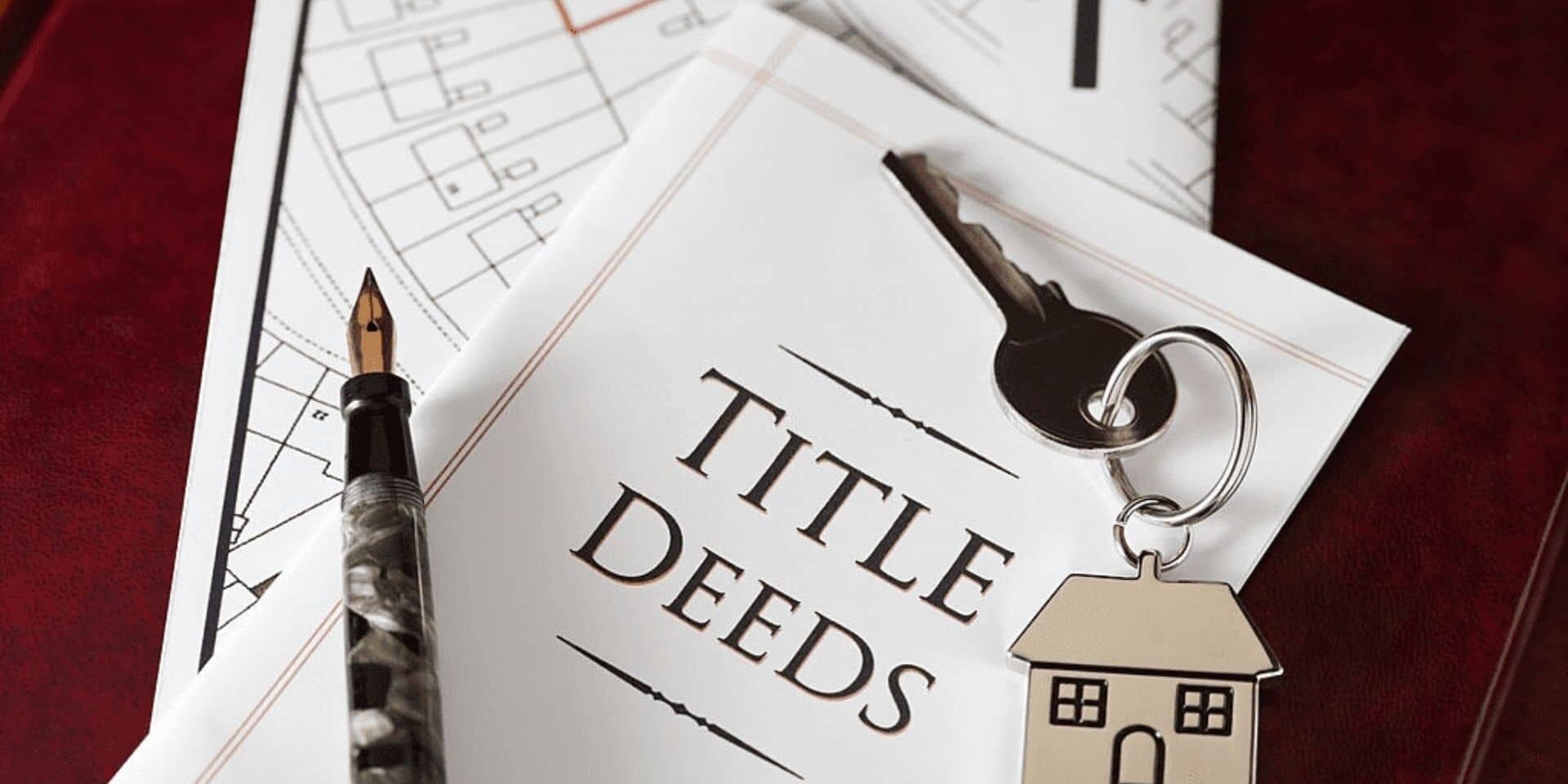Understanding the Differences Between Certificate of Occupancy, Governor’s Consent, and Registered Deed – and Why They Matter
Buying property in Nigeria isn’t just about paying for land or a house; it’s about securing your ownership legally. Many buyers assume that once they pay, the property is theirs. But without the right documents, you could lose everything to legal disputes, government reclamation, or fraud.
Three documents are pillars of property ownership: Certificate of Occupancy (C of O), Governor’s Consent, and Registered Deed. Each serves a unique purpose, and missing any could turn your dream investment into a nightmare. Let’s break them down.
1. Certificate of Occupancy (C of O) – Your Property’s Birth Certificate
A Certificate of Occupancy (C of O) is issued by the state government, confirming that the land has been legally allocated to you and that you’re permitted to develop or use it. Think of it as a property’s “birth certificate.” Without it, the land’s legitimacy is questionable.
In Nigeria, all land is technically owned by the government (under the Land Use Act of 1978). The C of O grants you statutory rights to occupy and use the land for a specific period (usually 99 years).
Why It Matters:
- Proof of Ownership: The C of O is the most substantial evidence that the government recognises you as the legal owner.
- Prevents Double Allocation: Without it, the same land could be sold to multiple buyers.
- Mandatory for Development: Banks and government agencies require a C of O before approving loans or building plans.
However, a C of O alone isn’t enough, especially if you’re buying from a previous owner. That’s where Governor’s Consent comes in.
2. Governor’s Consent – The Legal Handover Document
If you’re buying a property that already has a C of O (i.e., from a previous owner), you must obtain Governor’s Consent. This is the government’s approval to transfer ownership from the seller to you.
Skipping this step is like buying a car without changing the name on the registration. Technically, the previous owner could still claim it.
Why It Matters:
- Legal Transfer: Without it, the sale isn’t fully recognised by the government.
- Avoids Future Disputes: If the seller’s family later claims the land, Governor’s Consent protects you.
- Required for Mortgages: Banks won’t finance a property without this consent.
The Catch?
Governor’s Consent involves fees (usually a percentage of the property value) and can take months to process. But skipping it is far costlier, imagine losing a ₦50M property because of an incomplete transfer.
3. Registered Deed – Your Signed Contract with the Seller
A Registered Deed (or Deed of Assignment) is a legal contract between you and the seller, documenting the transfer of ownership. It’s like a receipt for the transaction but with legal weight.
Once signed, this deed must be registered at the state’s land registry to make it enforceable in court. An unregistered deed is just a piece of paper—it won’t hold up if disputes arise.
Why It Matters:
- Proof of Transaction: It shows the terms of sale, purchase price, and both parties’ agreement.
- Court-Admissible: If the seller tries to reclaim the property, a registered deed is your evidence.
- Complements Governor’s Consent: While Governor’s Consent updates the government’s records, the deed binds the seller legally.
Buying Property in Lekki? Checkout these Key Legal Steps You Must Take
How These Documents Work Together
Imagine buying a house in Lagos:
- The original owner holds a C of O (issued by the Lagos State Government).
- You and the seller sign a Deed of Assignment and register it.
- You apply for Governor’s Consent to transfer the C of O to your name.
Missing any of these? You’re at risk.
- No C of O? The government could revoke the land.
- No Governor’s Consent? The previous owner’s name remains on record.
- No Registered Deed? The seller could deny the sale ever happened.
Final Advice for Buyers
- Always Verify: Before paying, confirm the property has a C of O and that the seller’s name is on it.
- Budget for Fees: Governor’s Consent costs between 2% – 5% of the property value; factor this into your expenses.
- Use a Lawyer: A real estate lawyer ensures all documents are properly executed and registered.
At Edenbrooks, every property we sell comes with verified documents, because real security isn’t just in owning a house, but in owning it the right way.
Need help checking your property documents? Contact our team.


1 Comment